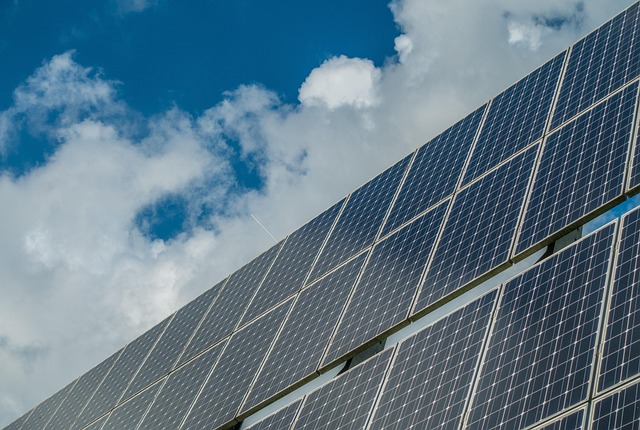In real estate, understanding hidden electricity costs tied to building factors like outdated insulation and inefficient HVAC systems is crucial for financial management. Conducting thorough inspections to identify energy inefficiencies can help investors and buyers reduce utility expenses and enhance property value through market-resonant improvements. Prioritizing energy efficiency through upgrades and smart home technologies not only lowers bills but also increases property value, benefiting both investors and the environment. "Practical Tips to Reduce Electricity Bills" offers a step-by-step guide for homeowners aiming to boost energy efficiency, leading to significant savings over time and enhancing property value in the real estate market.
In the competitive real estate market, understanding hidden electricity costs is key to making informed decisions. This article guides you through a comprehensive approach to reducing your electricity expenses in the long term. From unraveling the complexities of energy bills to practical tips for homeowners, we explore strategies that not only lower utility costs but also enhance property value. Embrace sustainable practices and navigate the real estate landscape with increased wisdom and savings.
Understanding Electricity Costs in Real Estate: Unveiling Hidden Expenses

In the realm of real estate, understanding electricity costs is a crucial aspect often overlooked by homeowners and investors alike. Beyond the visible utility bills, there exist hidden expenses that can significantly impact long-term financial plans. Electricity expenditures in properties are not merely about powering appliances; they’re tied to various factors within the building itself, from outdated insulation to inefficient HVAC systems. These underlying costs can remain latent, creeping up on owners over time, making it essential to unravel these mysteries for effective financial management.
Real estate investors and prospective buyers should conduct thorough inspections to identify energy-inefficient areas. For instance, an old roof or inadequate wall insulation can lead to significant heat loss or gain, affecting cooling and heating bills. By addressing these issues proactively, owners can not only reduce electricity expenses but also enhance the property’s overall value through improvements that resonate in the market.
Long-term Strategies for Energy Efficiency and Savings

In the realm of real estate, implementing long-term strategies for energy efficiency can significantly reduce electricity expenses. Property owners should consider a multi-faceted approach that includes upgrading to energy-efficient appliances and lighting systems, which not only lower utility bills but also enhance the property’s value. Investing in insulation, double-glazed windows, and efficient HVAC systems can further minimize energy consumption by keeping indoor environments comfortable while reducing external influences.
Additionally, adopting smart home technologies offers a modern solution. These devices allow for precise control over lighting, temperature, and appliances, enabling users to monitor and optimize energy use. Regular maintenance checks and prompt replacement of outdated equipment are also vital steps. By combining these strategies, real estate investors can ensure substantial long-term savings while contributing to a more sustainable environment.
Practical Tips to Reduce Electricity Bills: A Step-by-step Guide for Homeowners

Practical Tips to Reduce Electricity Bills offer a straightforward, step-by-step guide for homeowners looking to enhance their property’s energy efficiency and lower utility expenses in the long term. Start by conducting an audit of your home’s energy usage. Identify high-consumption areas and devices, such as outdated appliances or poorly insulated spaces. From there, prioritize simple yet effective changes: swap traditional light bulbs with LED alternatives, which use up to 80% less energy; program thermostats to optimize heating and cooling; and install power strips to easily switch off electronics when not in use.
Next, explore more substantial upgrades within your budget. Consider replacing old appliances with Energy Star-rated models, known for their superior energy efficiency. Invest in insulation improvements, focusing on attics and crawl spaces, to reduce heat transfer. Additionally, look into renewable energy sources like solar panels, a growing trend in the real estate market that not only cuts bills but also enhances property value. Implement these strategies consistently, and you’ll witness significant savings over time, making your home both eco-friendly and economically sound.






